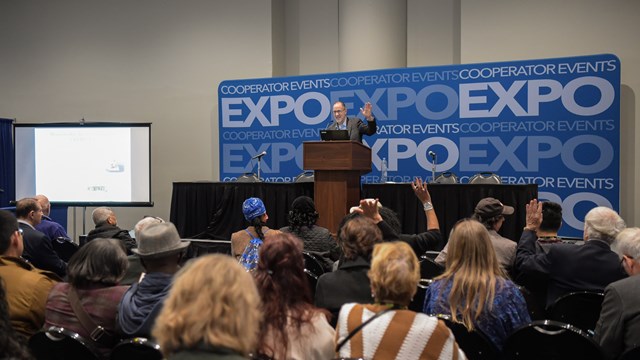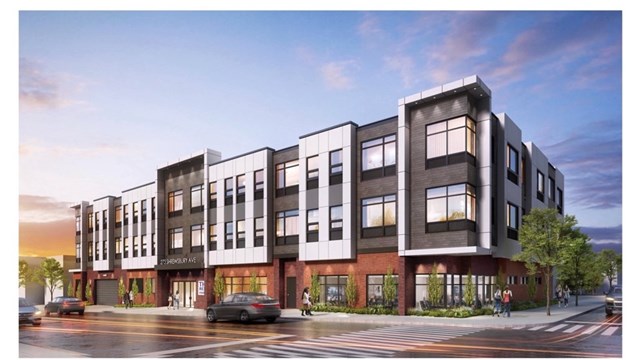Building owners spend billions of dollars a year to construct and refurbish their properties, yet many are unaware of the hidden costs some contractors charge improperly. Building owners are often vulnerable to this kind of corruption because they do not know how to select the appropriate contractor for the project, do not have the experience or knowledge to analyze construction costs, or need to build quickly.
Major corruption in New York City’s construction industry came to light in 1998 when a false billing and kickback scandal surfaced.
The scandal resulted in two dozen companies and many executives pleading guilty to bribery and other related charges. Although City prosecutors met with success at the time, there is still corruption in the construction industry. Prosecutors raided the offices of three prominent New York City area subcontractors and in January 2010 charged another company for allegedly stealing over $7 million from clients. These companies are just a few among those under the scrutiny of City officials. This is not to say that all contractors are corrupt; the vast majority are honest and hard-working people.
One Way Overcharging Occurs:
Inflated Bills
When a building owner hires a general contractor or construction manager, that contractor will generally delegate certain aspects of the project to subcontractors. Overcharging may occur when the building owner pays out a false or inflated invoice that is submitted by the contractor for the subcontractor’s work. When the subcontractor receives payment on that inflated invoice, the contractor may seek a “kickback” from the subcontractor. The owner is at risk of losing substantial (but hidden) sums if he is careless or does not understand the inner workings of the construction industry.
There are several ways building owners can protect themselves from false billings and kickbacks in the construction industry. In selecting a contractor, the owner should:
• Obtain as many bids as possible. Encouraging competition among contractors and knowing the fair market rate of the project will help decrease the possibility of corruption between the contractor and subcontractors.
• Conduct an intense due diligence process when analyzing the contractors’ prospective bids. By asking prospective contractors for license information, verifying the license information, and obtaining references, the owner will limit the odds of selecting a contractor who is prone to corruption.
The owner and his representative should examine invoices for work, services rendered and change orders very closely. Keeping accurate records and demanding complete accountability from the contractor can help the owner notice any suspicious invoices.
Hiring an Independent Inspector
Another way to protect the owner from corruption on a larger project is by hiring an independent inspector. Many owners rely on public inspectors to police the progress of the project. An independent inspector is on the job regularly, works directly for the owner, and ensures that the project is free from corruption, waste and negligence. Depending on his background, he may also ensure that the building is being built to code.
An owner who decides to hire an independent inspector should consider the inspector’s:
• Level of experience and qualifications in all the major systems of the project. Having an inspector qualified in one area but not another will leave the owner open to a substandard work product and corruption.
• Availability to pay attention to the owner’s project. It does not matter how experienced or qualified an inspector is, if he is too busy or distracted with other assignments.
• Degree of credibility and assertiveness when dealing with contractors. A credible inspector is essential to sustaining leverage over the contractor and subcontractors on the project.
Knowledge is power in the construction industry. Many contractors and subcontractors rely on the fact that owners do not know the inner workings of the industry. An owner who is active in the project and asking questions will minimize the opportunities for a contractor to take advantage.
David J. Pfeffer co-chairs the Construction Practice Group at Tarter Krinsky & Drogin LLP, where he represents commercial, institutional and residential real estate owners, operators and developers.






Leave a Comment